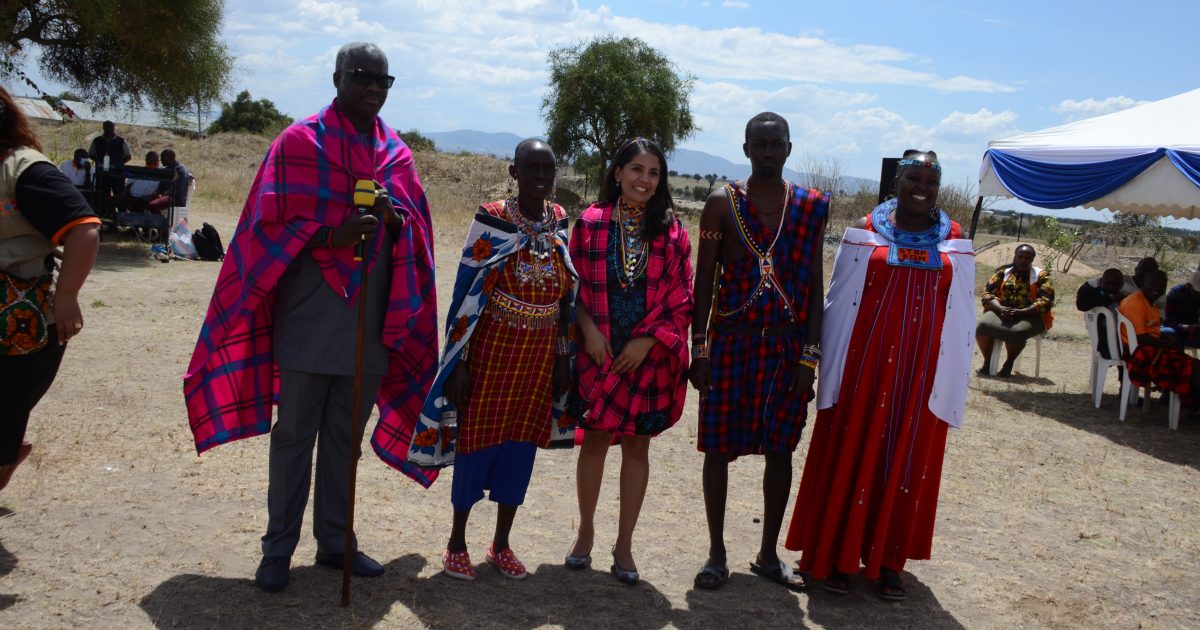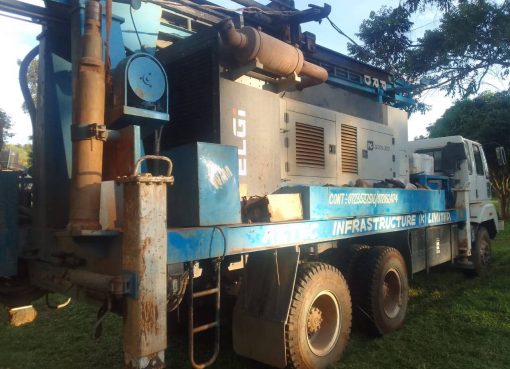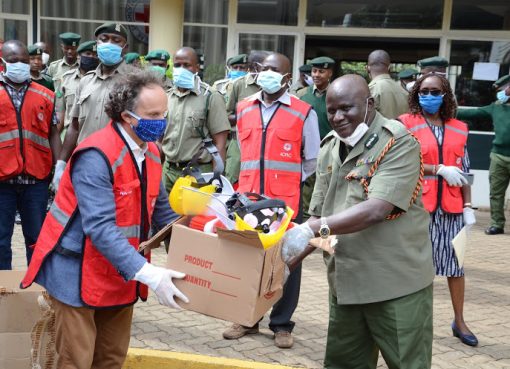As the World Marked the International Day of Zero Tolerance day to Female Genital Mutilation, two women who were at the center of the act in Kajiado have vowed never to cut the girls again as they have since seen the light.
Margaret Toirai, 60 says she inherited the ‘job’ from her mother and has educated her children through cutting girls but has vowed to stop the practice.
“I used to cut 10 girls in a day at a fee of Sh 1,000 per girl and get a cup of traditional oil at every home. But I have since quit the practice,” says Toirai.
She narrates that during the course of her work, she noticed a trend where the cut girls had to undergo Caesarean section due to obstructed labor whenever they had a baby while the girls who had no cut had normal births.

“When we circumcise the girls according to our tradition we tell them that they’ve become women and that made them to do everything that appertains a woman including being married off and giving birth at a tender age,” narrates Toirai.
She noted that the cut not only exposed the girls to early marriages but also their education was greatly affected.
She says that the girls who have been cut ended up in marriage with no education and only a few proceeded to school.
Toirai abandoned the practice when Illaramatak Community Concerns an NGO based in Kajiado took them through the side effects of FGM and the negative consequences it has on the girl’s body.
Ruth Piriantoi’s story is no different from Toirai’s. Pirriantoi who inherited the vice from her mother says she is a big beneficiary of FGM as her mother educated her siblings and fended for them through the money she earned after cutting girls.
“My grandmother was a cutter, my mother was a cutter so it was only convenient for me to venture into the field I have grown up seeing benefit my family got from it,” said Pirriantoi.
Pirriantoi undertook the practice too until one morning when her perspective on FGM was entirely changed.
“It was during the December holidays and my daughter was to undergo the cut as my mother thought it was time for her to become a woman like the other girls. The whole process went wrong and my daughter kept bleeding for five hours,” narrates Pirrintoi amidst tears.
“Everyone who was at the home fled fearing for the worst and my mother who was the cutter and I were the only ones left with my daughter who was bleeding profusely.
We had to call in a doctor to save her life and amidst the anguish my mother and I made a vow that if he saves my daughter’s life, we will abandon the practice completely.”
Lucky enough, the daughter got well and Pirriantoi together with her mother fulfilled their vows to God. It was the last time they cut girls.
Reformed, the cutters have since joined the government in fighting the vice in the community. They are now advocating for women empowerment through education.
Thanks to Illaramatak Community Concerns, the two have found an alternative source of livelihood. After undergoing a training on mat sewing, they are sewing mats and selling them to the community for a living.
By Diana Meneto




